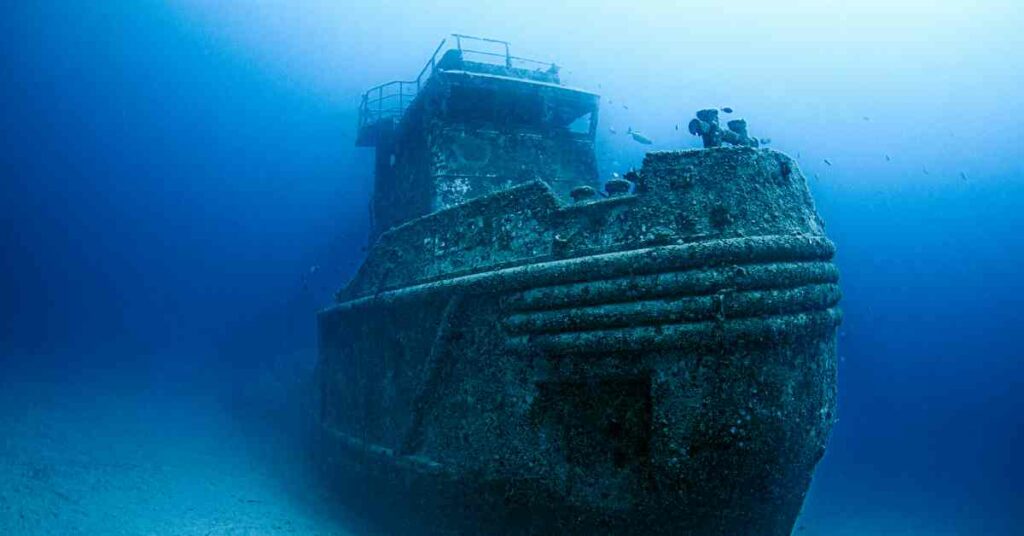Greenpeace Declared ‘Undesirable Organization’ In Russia, Faces Forced Shutdown
Russia declared Greenpeace, the well-known environmental NGO, “undesirable” on Friday, a decision that bans its activities in the nation in the middle of a crackdown on critical voices since the Kremlin’s attack on Ukraine.
In a statement, the Prosecutor General’s Office mentioned that Greenpeace posed a risk to the foundation of Russia’s constitutional order and security. The NGO’s activities in the nation revolve around raising awareness of climatic changes, preserving animal species, and fighting forest fires.
Since 2021, Russia extended a repressive law that permits its officials to blacklist organizations.

Under Russia’s current and insidiously evolving legislation on “undesirable” organizations, the prosecutor’s office can designate a foreign or international organization that undermines Russia’s defence, security, or constitutional order as “undesirable”, explained the Human Rights Watch back in 2021.
Per the law, relevant authorities can also open up criminal investigations into individuals alleged to be affiliated with “undesirable” organizations.
Any individual in management or leadership roles in these organizations can be investigated criminally.
Even if there is no case of prior offences, they may be punished with up to six years imprisonment, per Human Rights Watch.
Donors or those individuals who fundraise on behalf of these organizations can also be criminally prosecuted and be charged with up to five years of imprisonment if convicted.
Per Russia, other “undesirable” foreign organizations include the American university Bard College, the George Soros’ Open Society Foundations, and Transparency International (an anti-corruption organization).
References: The Brussels Times, Reuters, The Moscow Times
Disclaimer :
The information contained in this website is for general information purposes only. While we endeavour to keep the information up to date and correct, we make no representations or warranties of any kind, express or implied, about the completeness, accuracy, reliability, suitability or availability with respect to the website or the information, products, services, or related graphics contained on the website for any purpose. Any reliance you place on such information is therefore strictly at your own risk.
In no event will we be liable for any loss or damage including without limitation, indirect or consequential loss or damage, or any loss or damage whatsoever arising from loss of data or profits arising out of, or in connection with, the use of this website.
Disclaimer :
The information contained in this website is for general information purposes only. While we endeavour to keep the information up to date and correct, we make no representations or warranties of any kind, express or implied, about the completeness, accuracy, reliability, suitability or availability with respect to the website or the information, products, services, or related graphics contained on the website for any purpose. Any reliance you place on such information is therefore strictly at your own risk.
Do you have info to share with us ? Suggest a correction
About Author
Marine Insight News Network is a premier source for up-to-date, comprehensive, and insightful coverage of the maritime industry. Dedicated to offering the latest news, trends, and analyses in shipping, marine technology, regulations, and global maritime affairs, Marine Insight News Network prides itself on delivering accurate, engaging, and relevant information.

About Author
Marine Insight News Network is a premier source for up-to-date, comprehensive, and insightful coverage of the maritime industry. Dedicated to offering the latest news, trends, and analyses in shipping, marine technology, regulations, and global maritime affairs, Marine Insight News Network prides itself on delivering accurate, engaging, and relevant information.
Latest Shipping News Articles You Would Like:
Subscribe To Our Newsletters
By subscribing, you agree to our Privacy Policy and may receive occasional deal communications; you can unsubscribe anytime.









